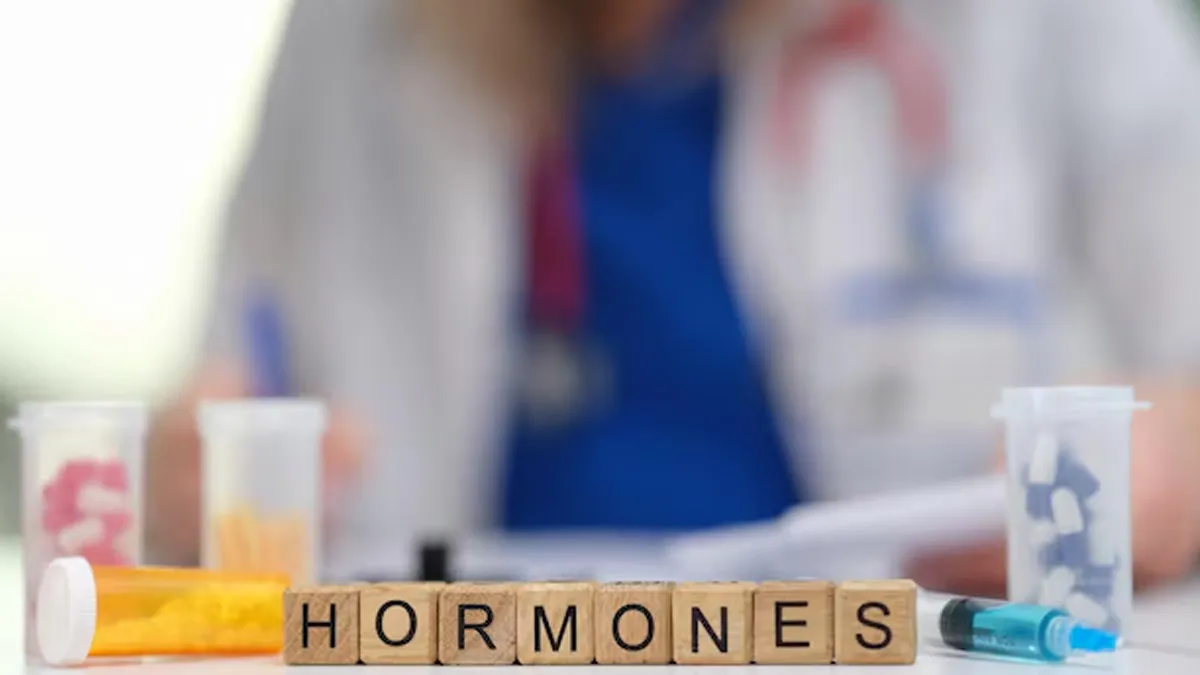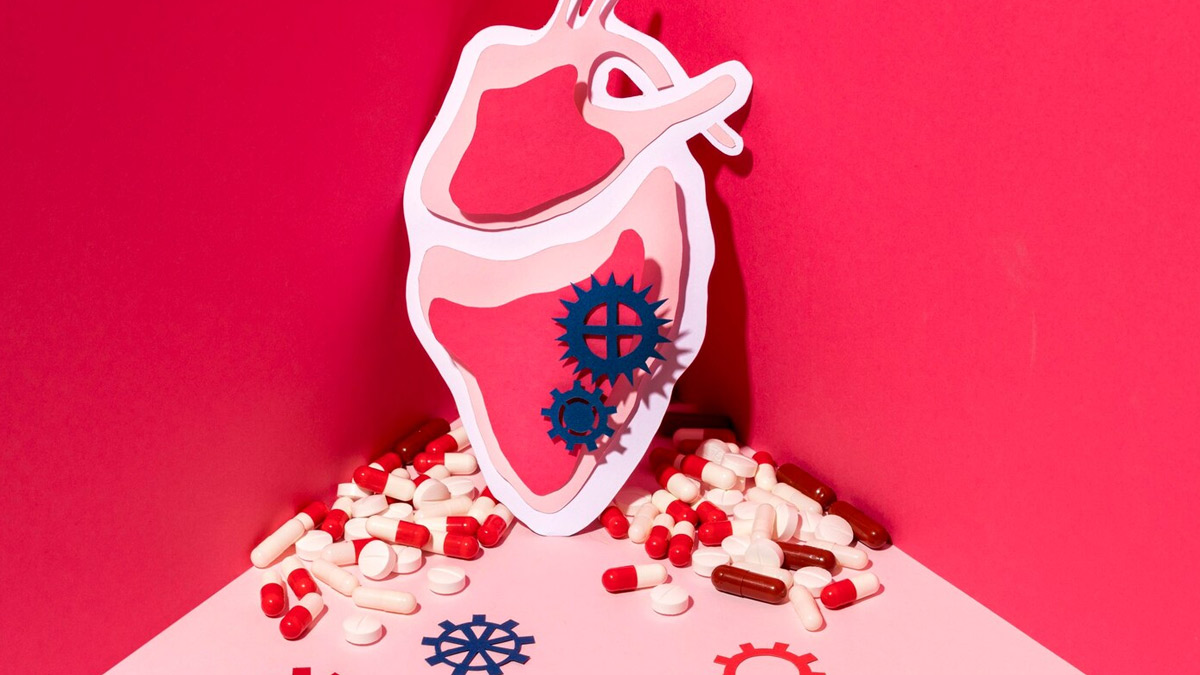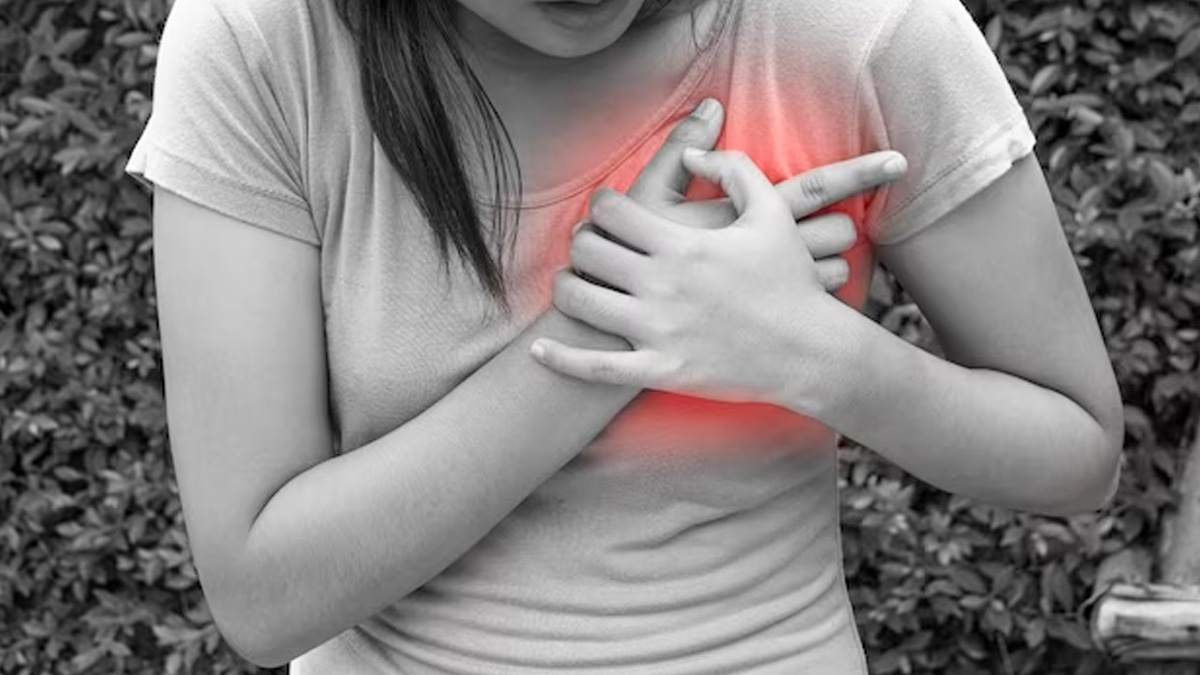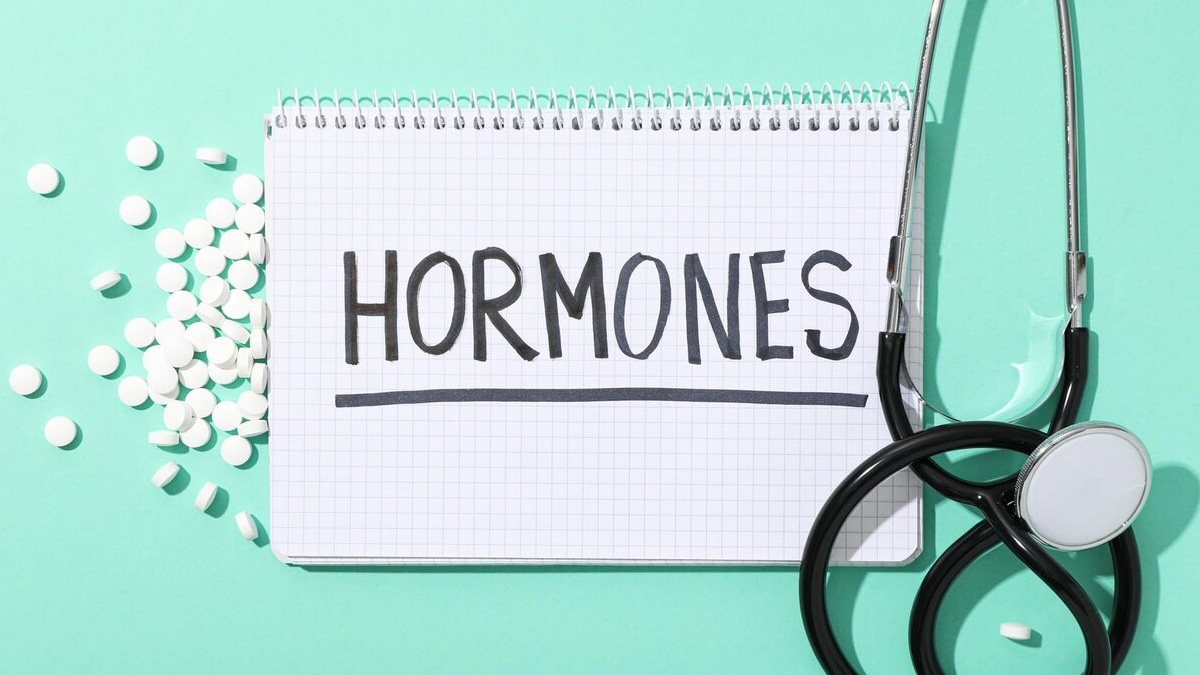
We pay such little attention to the hormones in our body. We are quick to associate them with mood swings and sleep issues, but we seldom understand the role they play in regulating vital body functions like metabolism, immune response, and bone health.
Table of Content:-
Another thing to know about hormones is how they influence our heart health. Particularly sex hormones like oestrogen play a crucial role in maintaining cardiovascular stability. In an interaction with the OnlyMyHealth team, Dr Ravi Prakash, Senior Consultant Cardiologist, PSRI Hospital, Delhi, sheds light on the link and explains how low oestrogen affects our heart and increases our risk of heart disease.
Also Read: Bleeding Gums A Sign Of Menopause? We Asked An Expert
How Does Low Oestrogen Level Increase Your Risk Of Heart Disease?

Dr Prakash describes oestrogen as a protective hormone for women’s hearts. He says, "It helps keep blood vessels flexible, supports healthy cholesterol levels, and improves blood flow."
When oestrogen levels drop, the blood vessels become stiffer, and “bad cholesterol” (LDL) tends to rise while “good cholesterol” (HDL) decreases. This imbalance increases the risk of fatty deposits in arteries, known as atherosclerosis, which can eventually lead to heart disease, heart attack, or stroke.
A 2003 WISE (Women’s Ischemia Syndrome Evaluation) study, cited by a 2019 research article by Circulation, suggested that 69% of young women with Coronary Artery Disease (CAD) had low levels of oestrogen compared with just 29% of their heart-healthy counterparts.
In short, low oestrogen removes the natural shield that protects the heart, making women more vulnerable to cardiovascular problems.
What Stage In Life Are Women Most Vulnerable?

According to Dr Prakash, the risk is highest during and after menopause. "Menopause usually occurs between the ages of 45 and 55, and during this time, oestrogen levels fall sharply," he explains.
This sudden decline directly increases the chances of heart-related issues. Women who go through early menopause, either naturally or due to surgery, face an even higher risk since they lose oestrogen protection at a younger age.
Postmenopausal years are therefore the most vulnerable stage for low oestrogen-related heart problems.
Warning Signs Of Declining Oestrogen
Women should be alert to both general menopausal symptoms and early signs of heart stress, emphasises Dr Prakash. Common symptoms of declining oestrogen include:
- Hot flashes
- Night sweats
- Irregular periods
However, when it comes to the heart, warning signs may include:
- Increased fatigue
- Shortness of breath during regular activities
- Palpitations
- Unusual chest discomfort
- Higher blood pressure
- Weight gain around the abdomen
- Increased cholesterol levels during routine tests
Also Read: How Women Can Take Care Of Their Menopausal Skin: Expert Insights
Lifestyle Changes To Balance Oestrogen Levels Naturally

According to Dr Prakash, lifestyle choices cannot completely replace the natural oestrogen the body loses with age. However, they can support hormonal balance and reduce the risks that come with low oestrogen.
He recommends a diet rich in whole grains, fruits, vegetables, lean proteins, and healthy fats as essential. Foods like flaxseeds, soy, chickpeas, and lentils contain plant-based compounds called phytoestrogens, which may mildly mimic oestrogen’s effects.
Regular exercise helps maintain a healthy weight, lowers blood pressure, and strengthens the heart.
Avoiding smoking, limiting alcohol, and managing stress through yoga, meditation, or other relaxation techniques can also reduce heart disease risk.
Role Of Hormone Replacement Therapy
While some observational studies suggest that oestrogen therapy can reduce heart disease risk in postmenopausal women by lowering "bad" cholesterol, improving blood flow, and reducing atherosclerosis, large-scale randomised controlled trials like the Women's Health Initiative (WHI) and Heart and Oestrogen/Progestin Replacement Study (HERS) found that the therapy actually increased the risk of CAD, stroke, and blood clots.
Therefore, it is not a primary treatment for heart ailments in menopausal women.
Discussing the same, Dr Prakash notes, "Hormone Replacement Therapy (HRT) can help relieve menopausal symptoms and may offer some cardiovascular protection if started at the right time."
He adds, "Research suggests that beginning HRT close to the onset of menopause may reduce the risk of heart disease, while starting it much later may not provide the same benefits and could carry risks."
Additionally, he warns, saying that HRT is not suitable for every woman, especially those with a history of certain cancers, blood clots, or liver disease. Therefore, the decision to use HRT must be personalised, weighing the benefits against the risks under the guidance of a healthcare professional.
How we keep this article up to date:
We work with experts and keep a close eye on the latest in health and wellness. Whenever there is a new research or helpful information, we update our articles with accurate and useful advice.
Current Version
Sep 27, 2025 12:35 IST
Published By : Tenzin Chodon
